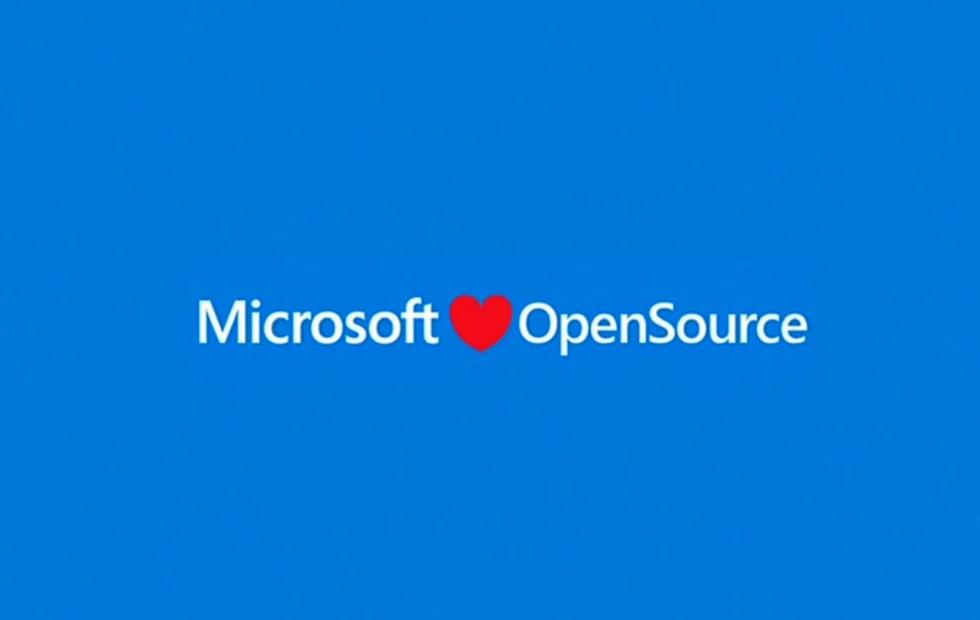Open source software is no longer the rebellious teenager or the underground subversive fighting behind the scenes for freedom and fairness. Not only has it become an accepted software development model, even become a business model to some extent. You could say that open source is all grown up, has started wearing a suit, and has gained new friends. But popularity always has a price and while open source practically runs the world now, the open source community has even more reason to keep its eyes open to make sure that its code and its values remain exactly that: open.
There will never really be an end to the battle between free/open source software and proprietary software. But like almost anything in business, there is also some level of tense harmony between the two. To a large extent, open source software has won that war and is behind almost every imaginable software used in the world today. From Linux-based cloud servers to the smartphones in our pockets to the very tools used to develop those pieces of software, there is a trace of open source software and development there, visible or otherwise.
Companies have seemingly seen the light as well. Some have embraced the free and open source philosophy wholeheartedly while others simply see it as a way to “share” the burden of software development and maintenance with its own users. Others even simply open source some of their code as a publicity stunt. The biggest noise, however, come from the biggest companies, like long-time Linux hater Microsoft and re-emerging giant IBM.
Until recently, Microsoft’s stance on open source has always been characterized as vile and treacherous. Former CEO Steve Ballmer called Linux, the most prominent example of open source software, as a cancer. Redmond has also been accused of funding patent trolls that sue open source companies, especially those too small to defend itself. Microsoft has seemingly turned over a new leaf, professing its love for Linux outright, open sourcing some projects, acquiring GitHub, and even joining the Open Innovation to protect Linux against patent lawsuits. Ironically, some point out that Microsoft continues to fund patent trolls behind the scenes.
IBM’s case is less dramatic. To its credit, the company has been more Linux friendly than the likes of Microsoft or Apple. However, many see its acquisition of Red Hat as a desperate attempt at staying relevant in the Cloud Wars. And concerns about IBM forcing Red Hat into a certain direction, though sometimes exaggerated, are not entirely unfounded. It promises that Red Hat will remain independent, but bigger promises have been made and eventually broken in the name of profits and shares.
We are at a time when open source’ popularity means there are more new players coming on board, more companies open sourcing their software, and corporations buying smaller open source companies. This means that there are now even more people who are not familiar with the open source philosophy and culture. And some may even have cunning anit-open source plots set in motion. It’s no surprise that there exists some resistance, even pushback, over some of these developments that, on the surface, are supposed to be good for open source at large.
The fact that not everyone might share the open source spirit completely shouldn’t become a reason to shut certain groups out. Not everyone is born an open source advocate and, at one point or another, we all had to transition and learn and change our mindsets. Sometimes we fail, but we just get up again and learn. It’s no longer enough to just open the source code. We also have to keep our doors open, including to some suspicious-looking characters. We just have to also keep our eyes open and make sure we’re not blinded by the spotlight, remembering that while we might be getting some new and powerful and rich friends, some might not really be our friends at all.
